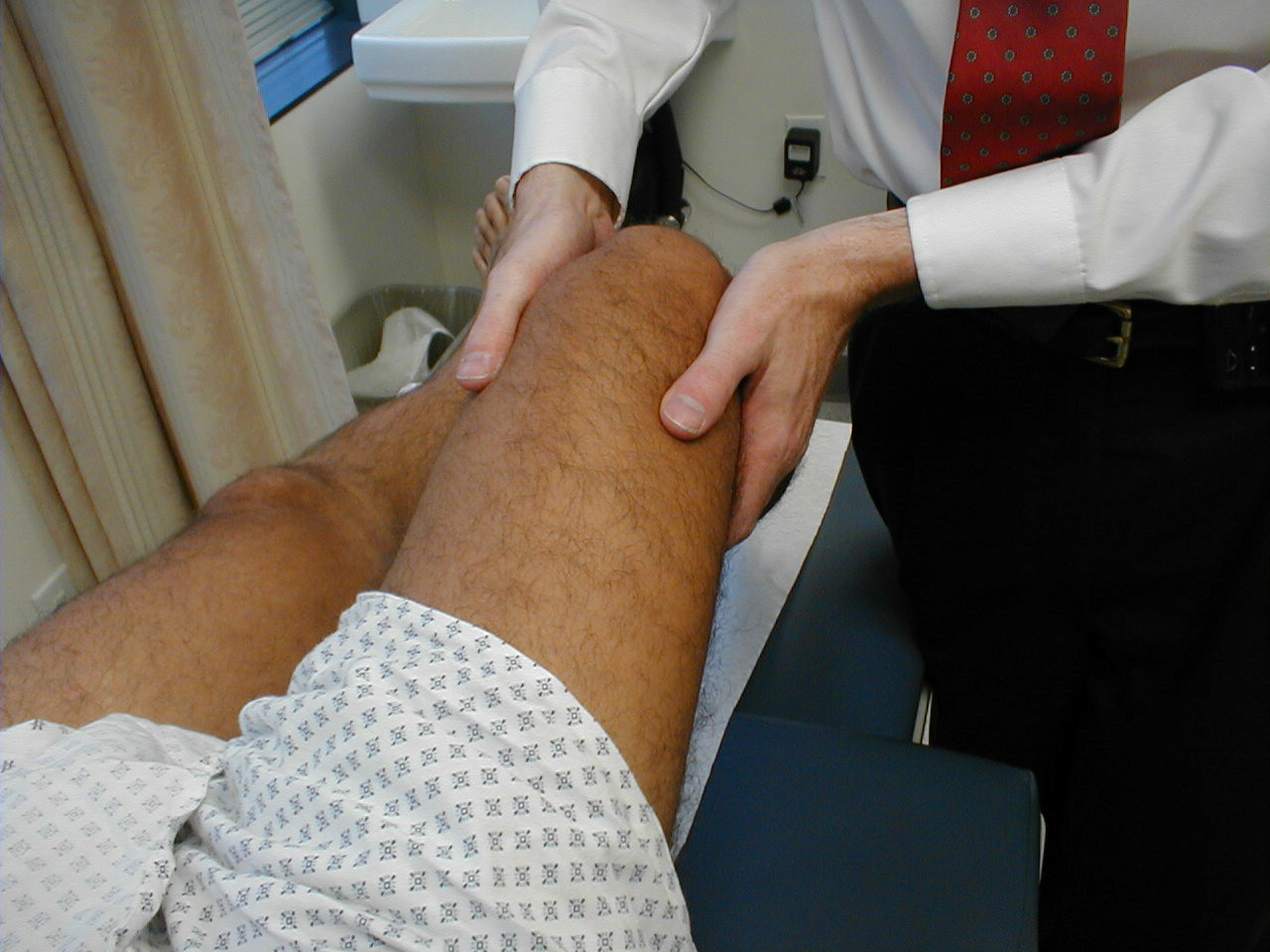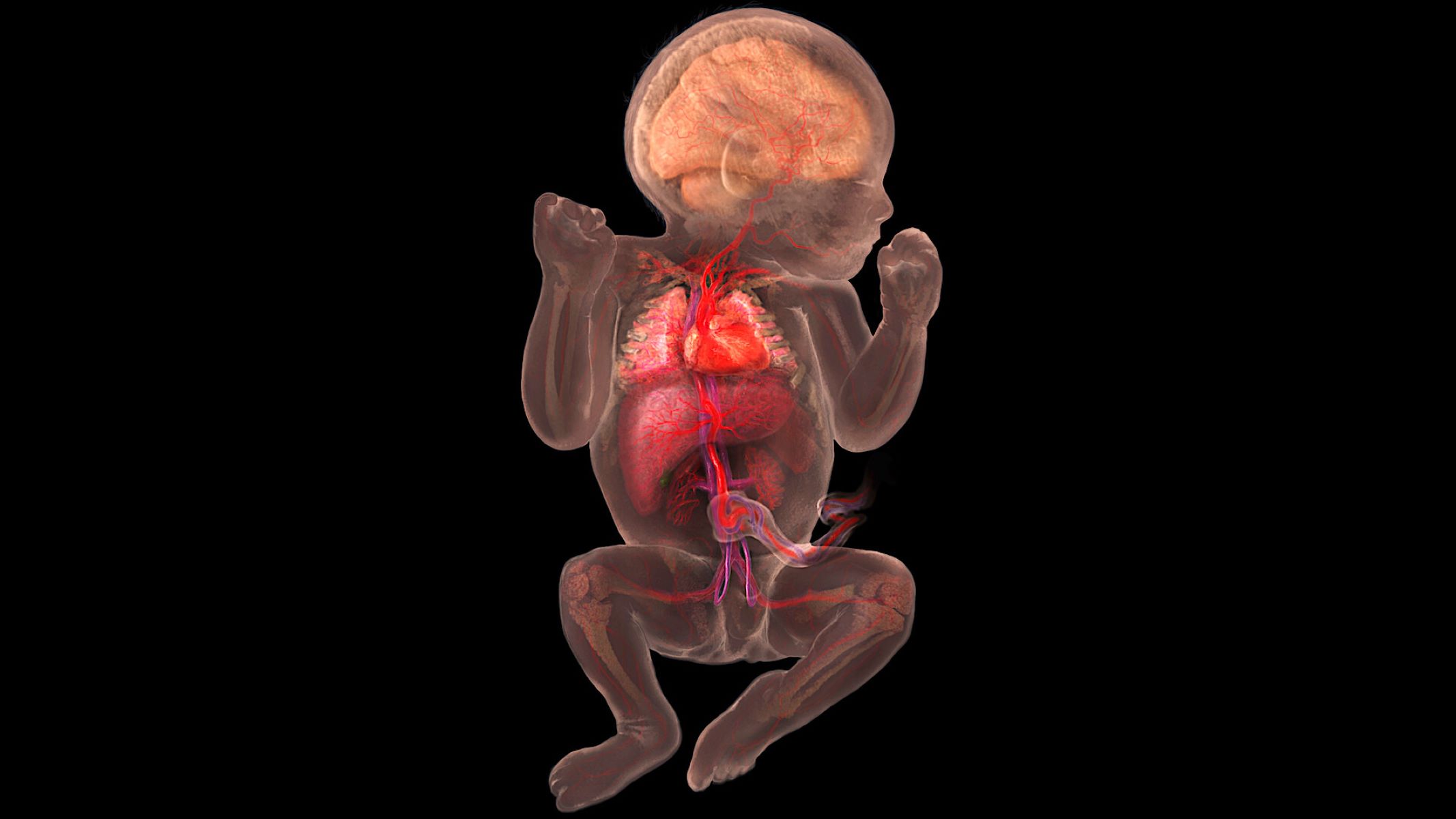
Popliteal lymph nodes might sound like a mouthful, but they play a crucial role in your body's defense system. Nestled behind your knee, these small but mighty nodes filter lymphatic fluid, trapping bacteria, viruses, and other harmful substances. Ever wondered why your knee swells when you have an infection or injury? That's your popliteal lymph nodes springing into action! They work tirelessly to keep your lower leg healthy. In this post, we'll uncover 17 intriguing facts about these unsung heroes of the immune system. Get ready to learn how they function, what can go wrong, and why they matter.
What Are Popliteal Lymph Nodes?
Popliteal lymph nodes are small, bean-shaped structures located behind the knee. They play a crucial role in the immune system by filtering lymphatic fluid and trapping harmful substances. Let's dive into some fascinating facts about these tiny but mighty nodes.
-
Popliteal lymph nodes are part of the lymphatic system, which includes other nodes, vessels, and organs like the spleen and tonsils.
-
They are situated in the popliteal fossa, a shallow depression located at the back of the knee joint.
-
These nodes filter lymphatic fluid that drains from the lower leg, foot, and knee.
Functions of Popliteal Lymph Nodes
Understanding the functions of popliteal lymph nodes helps us appreciate their importance in maintaining health. Here are some key roles they play:
-
They act as filters, trapping bacteria, viruses, and other foreign particles.
-
Popliteal lymph nodes produce lymphocytes, a type of white blood cell that fights infections.
-
They help in the removal of waste products and toxins from the lymphatic fluid.
Health and Popliteal Lymph Nodes
The health of popliteal lymph nodes can indicate various conditions. Here are some facts about their health implications:
-
Swollen popliteal lymph nodes can be a sign of infection or inflammation in the lower leg or foot.
-
In rare cases, swollen nodes may indicate more serious conditions like lymphoma or metastatic cancer.
-
Regular exercise and a healthy diet can support the proper functioning of the lymphatic system, including popliteal lymph nodes.
Diagnosing Issues with Popliteal Lymph Nodes
Diagnosing problems with these lymph nodes often involves medical imaging and tests. Here are some methods used:
-
Ultrasound is commonly used to visualize the size and structure of popliteal lymph nodes.
-
A biopsy may be performed if there is suspicion of cancer or other serious conditions.
-
Blood tests can help identify infections or other underlying issues affecting the lymph nodes.
Treatment and Care for Popliteal Lymph Nodes
Taking care of popliteal lymph nodes involves both preventive measures and treatments. Here are some ways to maintain their health:
-
Keeping the legs elevated can help reduce swelling in the lymph nodes.
-
Compression stockings may be recommended to improve lymphatic drainage.
-
Antibiotics are often prescribed if an infection is causing the lymph nodes to swell.
Interesting Facts About Popliteal Lymph Nodes
Here are some additional intriguing facts about popliteal lymph nodes that you might not know:
-
They are named after the popliteal fossa, the area where they are located.
-
Popliteal lymph nodes are not usually palpable unless they are swollen due to infection or other conditions.
Final Thoughts on Popliteal Lymph Nodes
Popliteal lymph nodes, though small, play a big role in our body's immune system. Located behind the knee, these nodes filter lymph fluid, trapping harmful substances like bacteria and viruses. They can swell due to infections or injuries in the lower leg, signaling that your body is fighting off invaders. Regular exercise and a healthy diet can help keep your lymphatic system in tip-top shape. If you notice persistent swelling or pain in this area, it’s a good idea to consult a healthcare professional. Understanding these nodes helps us appreciate how our body defends itself daily. So, next time you feel a twinge behind your knee, remember those hardworking popliteal lymph nodes are on the job, keeping you healthy.
Was this page helpful?
Our commitment to delivering trustworthy and engaging content is at the heart of what we do. Each fact on our site is contributed by real users like you, bringing a wealth of diverse insights and information. To ensure the highest standards of accuracy and reliability, our dedicated editors meticulously review each submission. This process guarantees that the facts we share are not only fascinating but also credible. Trust in our commitment to quality and authenticity as you explore and learn with us.


